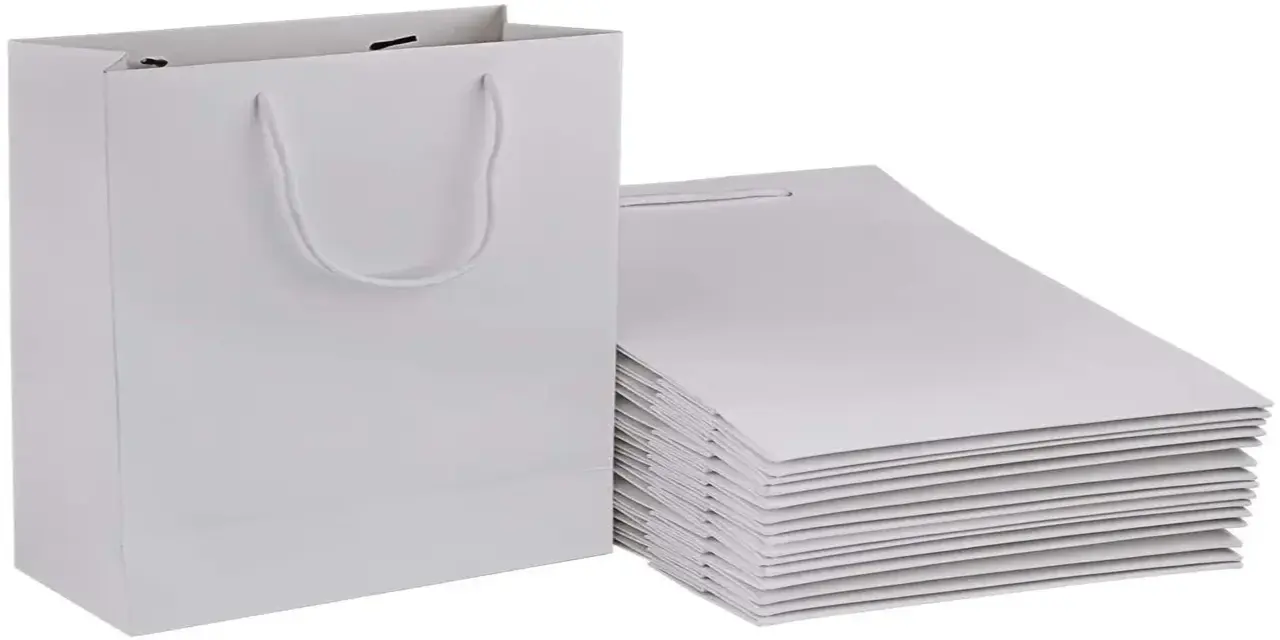According to the industry experts, there are various applications in which the paper industry can chip, such as paper bags, straws, and cutlery, as sustainable alternatives to plastics. Even the investors have recognised the immense opportunity as there has been an upward trend in the shares of leading paper companies.
In line with the clarion call given by Prime Minister Shri Narendra Modi to phase out single-use plastic items, India is all set to ban the manufacture, import, stocking, distribution, sale, and use of identified single-use plastic items, which have low utility and high littering potential with effect from July 1, 2022. While PET bottles can still be used, the list of items that would be banned includes plastic carry bags, earbuds and balloons with plastic sticks, plastic flags, candy and ice-cream sticks, polystyrene for decoration, disposable crockery (plates, cups, glasses, forks, spoons, knives, trays), wrapping or packing films around sweet boxes, invitation cards and PVC banners under 100 microns.
The ban on single-use plastic has suddenly triggered the need to find sustainable alternatives to plastics. While different industries are still finding ways to develop innovative and eco-friendly alternatives to plastic, the simplicity and convenience of the ‘good old paper’ cannot be ignored. According to the industry experts, there are various applications where the paper industry can chip in such as paper bags, straws, and cutlery. Even the investors have recognised the immense opportunity as there has been an upward trend in the shares of leading paper companies.
Watch: Evolution of Paper Based Packaging
As per a report published in a leading newspaper, JK Paper Ltd., Andhra Paper Ltd., West Coast Paper Mills Ltd., Tamil Nadu Newsprint & Paper Ltd., Satia Industries Ltd., and Emami Paper Mills Ltd. is up by 7 percent, 7 percent, 13 percent, 16 percent, 12 percent and 10 percent respectively in the last six sessions.
Meanwhile, companies like Flipkart, Nestle, Starbucks, and McDonald’s have already switched to paper packaging. In a case study released a few months ago by WWF India, the sustainable packaging designs of Flipkart led to a transformation in the Indian e-commerce ecosystem. Titled “Designing sustainable packaging in E-Commerce: A WWF India Case Study on Flipkart Group”, the study outlined measures that businesses in the same space need to undertake and the ecosystem support needed to incorporate targets towards plastic reduction and its management in their value chain. The case study also outlined measures for businesses to venture into different designs of packaging and distribution models to improve recycling and recovery rates.
The Flipkart Group, including e-commerce marketplace Flipkart and leading fashion destination, Myntra has undertaken a series of initiatives to accelerate progress towards eliminating 100 percent single-use plastic in its own supply chain by 2021 for owned and operated facilities to replace it with suitable paper-based alternatives. In the pilot phase, Flipkart’s team conducted pilots to identify sustainable alternatives to reduce single-use plastics and the most efficient way of implementing them. As the program evolved, the company scaled up its processes to adopt the identified alternatives and deploy them across day-to-day operations. The invoice polybag has been replaced with recycled kraft paper pouch, airbags are replaced with shredded paper fillers, and plastic used for secondary packaging is replaced with paper bags. Also, shrink and pouches are replaced with paper stickers, and paper pouches, respectively.
In a recent conversation with Paper Mart, Mr. PK Suri, Technical Advisor, JK Paper Ltd., revealed that the company has been developing aqueous-based, biodegradable food-grade and food safety packaging products and will introduce them soon.
Also Read: UFlex to set up a New Production Line for Paper Straws
While most analysts are bullish on paper-based products, the industry has its own risks and challenges. The prices of pulp, coal, furnace oil, chemicals, and freight rates have surged that have led to input cost pressure. Moreover, the infrastructure needs a strong push. But let’s keep our fingers crossed!

